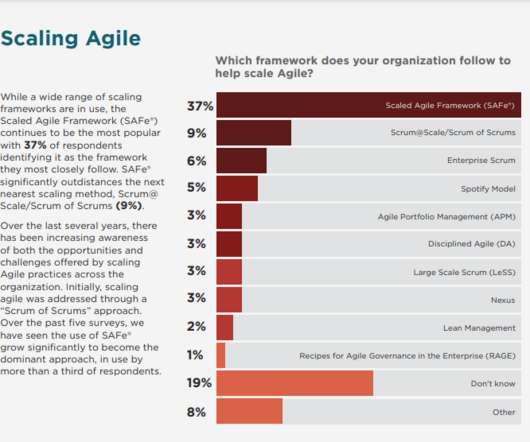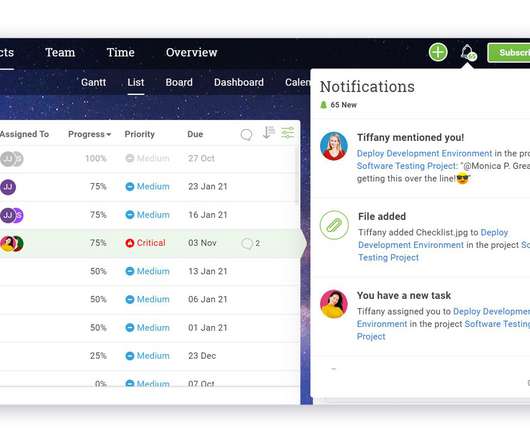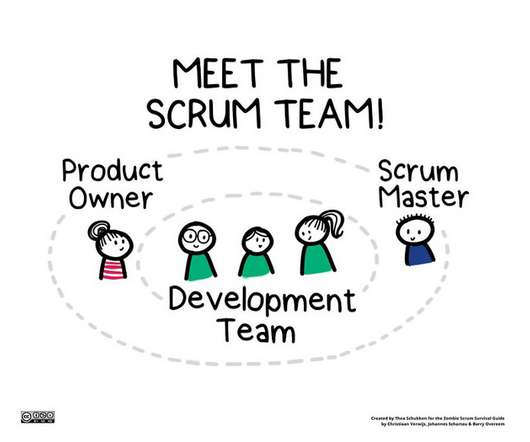In-Depth: How To Create Better Work Agreements For Your Team
Scrum.org
AUGUST 1, 2022
Some find the process of creating them “childish” or “a waste of time”. Each post discusses scientific research that is relevant to our work with Scrum and Agile teams. A while ago I was taking a walk with my partner Lisanne. A noisy flock of geese flew overhead in a messy V formation. We laughed at the amount of noise they produced.















Let's personalize your content